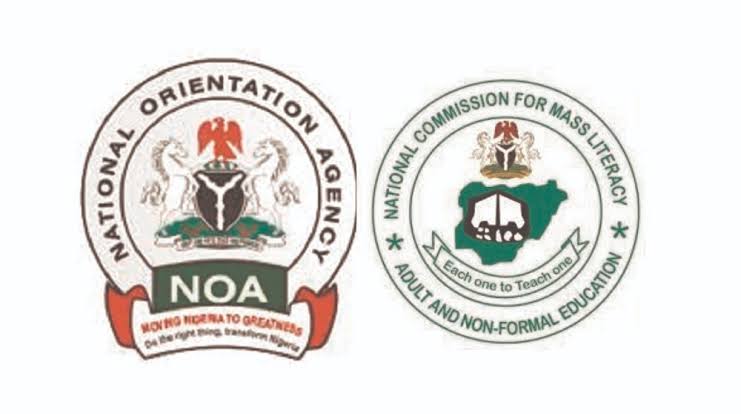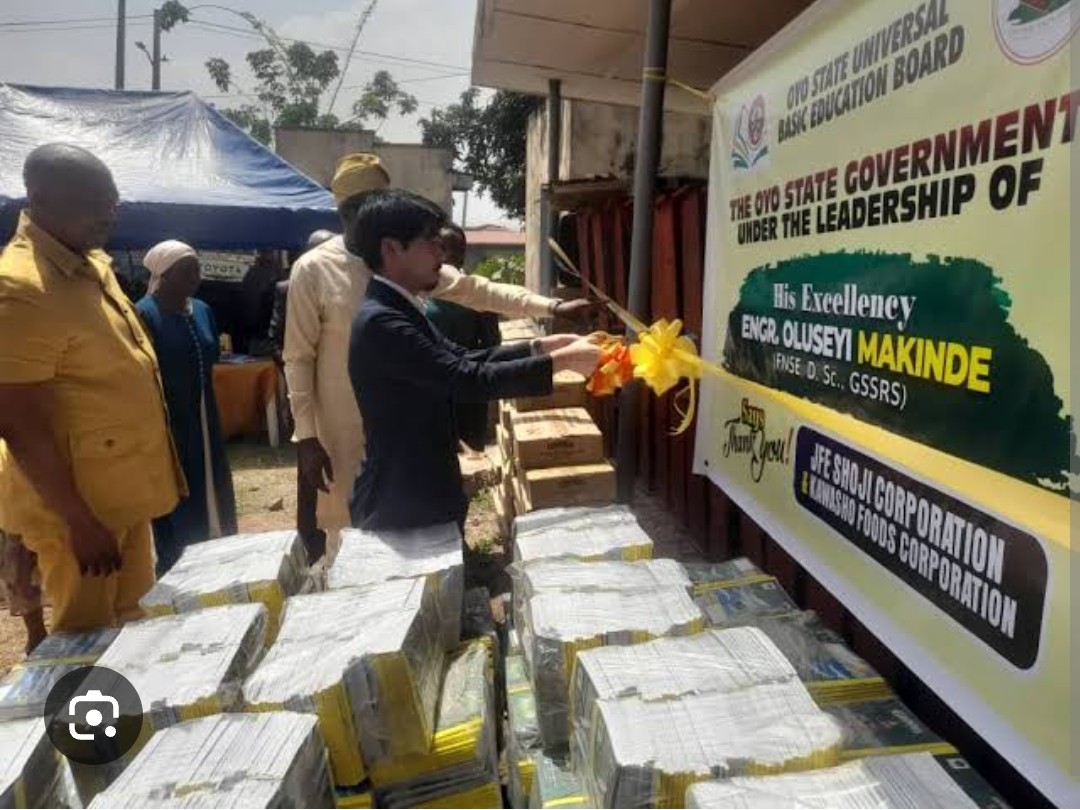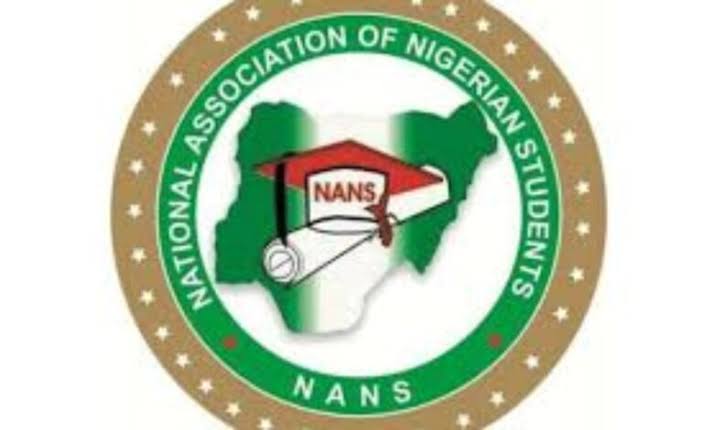In a bid to better cater to the needs of learners, the Federal Government has initiated a review of the Post-Literacy Curriculum for Adult and Non-Formal Education Programmes.
This announcement was made by Professor Akpama Ibor, the Executive Secretary of the National Commission for Mass Literacy, Adult and Non-Formal Education (NMEC), at a recent workshop held in Abuja.
The review, according to Professor Ibor, aims to elevate literacy standards, provide greater access to quality education for adults, and lay the groundwork for lifelong learning opportunities for millions of citizens across the country.
In addition to enhancing individual learner skills, the curriculum review is expected to contribute to national development goals.
Professor Ibor emphasized that literacy is a fundamental human right and a crucial tool for personal empowerment, social, and economic development. He noted that a literate and educated populace is more informed, economically productive, and socially responsible.
The review is closely aligned with the Sustainable Development Goals Agenda, specifically SDG 4, which focuses on inclusive and equitable quality education for all. Education is seen as a powerful equalizer, offering individuals from all walks of life the chance to participate fully in society.
Despite significant strides made by the National Commission for Mass Literacy, Adult and Non-Formal Education in reducing illiteracy rates and increasing accessibility to education for adults, millions of adults still lack basic literacy skills.
The challenges faced by programmes in adapting to the diverse needs of learners have also been recognized. To address these issues, the curriculum review is a crucial step in creating a more inclusive, flexible, and relevant educational framework that meets the varied needs of adult learners.



